Part 1: Understanding terms
An origin-linked product can be defined as a local product which has a unique territorial identity, quality, specific modes of production and reputation linked to a geographical origin.
These products are eligible for protection by using intellectual property (IP) tools such as a Geographical Indication or trade marks and in some cases both. The choice of the right IP tool will depend on the characteristics of the product, the producers, and the legislation in force in the country of origin and the export markets.
Examples of these products include:
Famous Italian cheese Parmigiano-Reggiano, Argan Oil from Morocco, Chulucana pottery in Peru and Montserrat Hills Trinidad and Tobago cocoa all of which are protected as Geographical Indications. Another example is Blue Mountain Coffee from Jamaica which is protected as a certification mark.
Implementing an origin-linked product strategy
The key objective of an OLP strategy is to add value and to promote the products, the producers and the territory of production. For this strategy to be implemented, the following conditions are essential.

Learning exercise
The Antigua Black Pineapple has a known reputation for being very sweet and having a distinctive physical appearance.
Both these characteristics can be attributed to agronomic conditions (soil) and climatic conditions (low rainfall) typical of the geographical area where the pineapple is grown.
Question: Can the Antigua Black Pineapple be considered an origin-linked product?

The Antigua Black Pineapple can be considered an origin-linked product.
Because this product has a local identity that is closely associated with the island; it is depicted on the top of Antigua and Barbuda's national coat of arms; it has a specific quality based on geographical factors and it also has a reputation as the world’s sweetest pineapple.
Therefore, different IP tools such as Geographical Indications or trade marks could be used to protect and market this product. The choice depends on features of the product, the value chain, and the legislation in force in the country of origin and the export markets.
